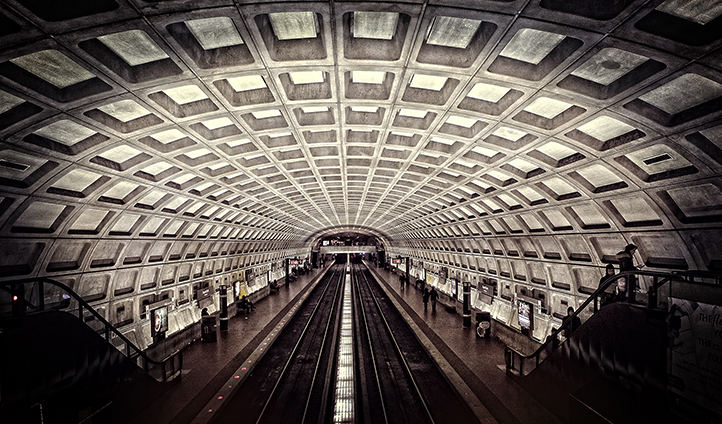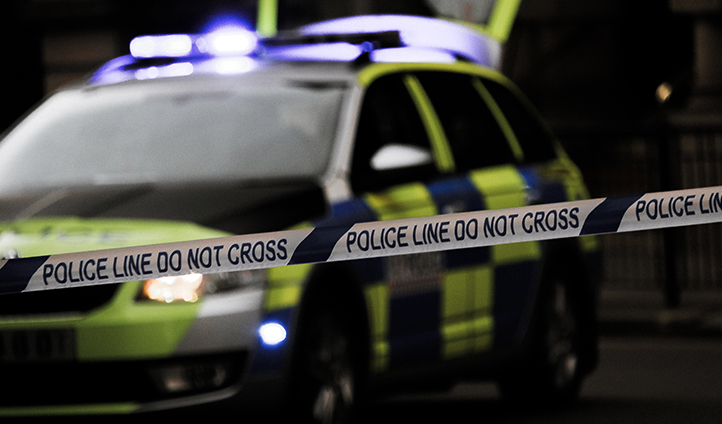Menu
Hot-Topics
February 19, 2026 | SCOTUS Reaffirms Fourth Amendment Standard for Police Responding to Household Emergencies
Category: Supreme Court Decisions

Racial Bias Trumps Juror Secrecy in Pena-Rodriguez v Colorado
A divided U.S. Supreme Court recently held that while jury deliberations should normally be kept secret, racial or ethnic bias mandates an exception to the rule. The court decided Pena-Rodriguez v Colorado, 580 U. S. ____ (2017) by a vote of 5-3. Fa...

Bethune-Hill v Virginia State Board of Elections: Redistricting & Racial Gerrymandering in Virginia
In Bethune-Hill v Virginia State Board of Elections, the U.S. Supreme Court considered what constitutes racial gerrymandering. Through its holding that the district court applied an incorrect legal standard in determining that race did ...

Fry v Napoleon Community Schools Defines Difference between Disability and Education Claims
The U.S. Supreme Court recently released its decision in Fry v Napoleon Community Schools. The justices unanimously held that exhaustion of the administrative procedures established by the Individuals with Disabilities Education Act (IDEA) is unneces...

Supreme Court Denies Certiorari in Texas Voter ID Case in Abbott v Veasey
The U.S. Supreme Court denied certiorari in Abbott v Veasey, which challenges a controversial voter identification law implemented by the State of Texas. Nonetheless, the justices did leave the door open to review the voter ID law in the future. &...

White v Pauly: Qualified Immunity in Police Shooting Case
In its first decision of 2017, the U.S. Supreme Court unanimously ruled that a New Mexico police officer was entitled to qualified immunity. As highlighted in the Court’s per curium opinion in White v Pauly, 580 U. S. ____ (2017), “qualified immu...

Supreme Court’s Busy Week Includes Slants’ Trademark suit
The U.S. Supreme Court considered several high-profile cases this week. Most notably, the justices grappled with how the First Amendment applies to federal trademark law. The specific issue in Lee v. Tam is whether the federal ban on reg...

SCOTUS Kicks Off January with Oral Arguments in Five Cases
The U.S. Supreme Court kicked off the New Year with oral arguments in five cases. The issues before the justices ranged from tribal sovereignty to state laws regarding credit card payments. Below is a brief summary: Nelson v. Colorado: C...

SCOTUS Clarifies False Claims Act’s Seal Requirement in State Farm Fire & Casualty Co v United States
In State Farm Fire & Casualty Co v United States, ex rel. Rigsby, et al., 580 U. S. ____ (2016), the U.S. Supreme Court held that failing to satisfy the False Claims Act’s (FCA) seal requirement does not automatically warrant dismissal of the c...

Supreme Court Sides with Prosecutors in Shaw v United States
The U.S. Supreme Court handed federal prosecutors another significant win. In Shaw v United States, 580 U. S. ____ (2016), the justices rejected the defendant's arguments that the federal bank fraud statute, which covers schemes to deprive a bank of ...

SCOTUS Oral Arguments in December, 2016
In December, the U.S. Supreme Court heard oral arguments in four cases, including two tough cases involving the use of race in redistricting. Justice Samuel Alito characterized them as “very, very complicated.” In the same vein, Justice Anthony ...
Previous Articles
SCOTUS Decision in Bowe v. United States Is First of the 2026 Term
by DONALD SCARINCI on February 5, 2026
In Bowe v. United States, 607 U.S. ___ (2026), the U.S. Supreme Court held that Title 28 U.S.C. § ...
SCOTUS Rules State Can’t Immunize Parties from Federal Civil Liability
by DONALD SCARINCI on January 29, 2026
In John Doe v. Dynamic Physical Therapy, LLC, 607 U.S. ____ (2025) the U.S. Supreme Court held that...
Supreme Court to Address Racial Discrimination in Jury Selection
by DONALD SCARINCI onWhile the U.S. Supreme Court has concluded oral arguments for the year, it continues to add cases t...
The Amendments
-
Amendment1
- Establishment ClauseFree Exercise Clause
- Freedom of Speech
- Freedoms of Press
- Freedom of Assembly, and Petitition
-
Amendment2
- The Right to Bear Arms
-
Amendment4
- Unreasonable Searches and Seizures
-
Amendment5
- Due Process
- Eminent Domain
- Rights of Criminal Defendants
Preamble to the Bill of Rights
Congress of the United States begun and held at the City of New-York, on Wednesday the fourth of March, one thousand seven hundred and eighty nine.
THE Conventions of a number of the States, having at the time of their adopting the Constitution, expressed a desire, in order to prevent misconstruction or abuse of its powers, that further declaratory and restrictive clauses should be added: And as extending the ground of public confidence in the Government, will best ensure the beneficent ends of its institution.
Awards





